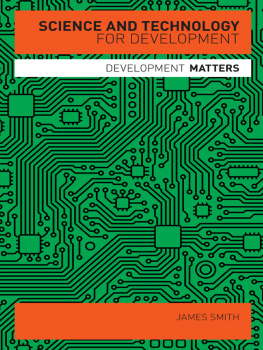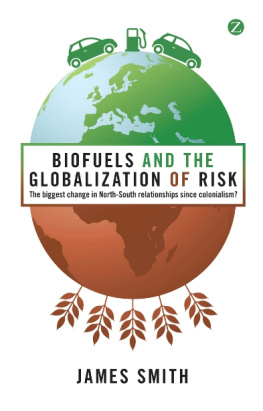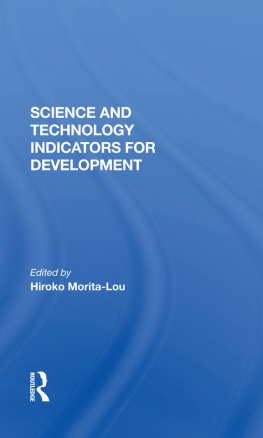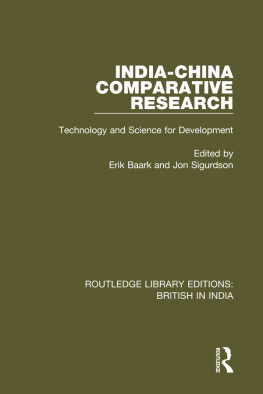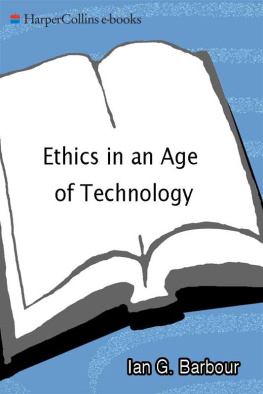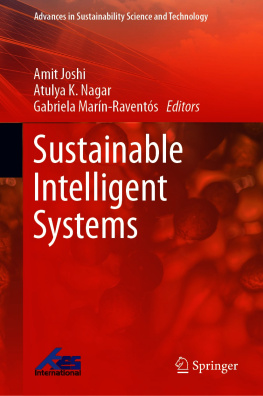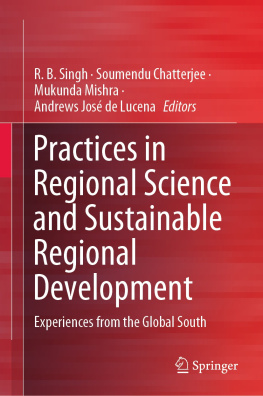About the series
Development Matters is a series of comprehensive but concise introductions to the key issues in development studies. It offers politically engaged and challenging critiques while demonstrating academic and conceptual rigour to provide readers with critical, reflexive and challenging explorations of the pressing concerns in development. With carefully designed features, such as explanatory text boxes, glossaries and recommended reading, the series provides the reader with accessible guides to development studies.
Series editors: Helen Yanacopulos and Matt Bailie Smith
About the author
James Smith is co-director of the Centre of African Studies at the University of Edinburgh. He is also a director of the ESRC Innogen Research Centre at Edinburgh and a visiting fellow in development policy and practice at The Open University. His research explores the relationships between knowledge, science and development, particularly in relation to agricultural research and how it is practised. He has worked with many international organizations and research centres, including Oxfam, DFID, IDRC and the Consultative Group for International Agricultural Research.
SCIENCE AND TECHNOLOGY
FOR DEVELOPMENT
DEVELOPMENT MATTERS
JAMES SMITH
Zed Books
London & New York
Science and Technology for Development was first published in 2009 by Zed Books Ltd, 7 Cynthia Street, London N1 9JF, UK and Room 400, 175 Fifth Avenue, New York, NY 10010, USA
This ebook edition was first published in 2013
www.zedbooks.co.uk
Copyright James Smith 2009
The right of James Smith to be identified as the author of this work has been asserted by him in accordance with the Copyright, Designs and Patents Act, 1988
Typeset in the UK by Long House Publishing Services
Index by Mike Kirkwood
Cover designed by Rogue Four Design
All rights reserved. No part of this publication may be reproduced, stored in a retrieval system or transmitted in any form or by any means, electronic, mechanical, photocopying or otherwise, without the prior permission of Zed Books Ltd.
A catalogue record for this book is available from the British Library Library of Congress Cataloging in Publication Data available
ISBN 978 1 84813 777 6
Contents
by M. S. Swaminathan
Acknowledgements
This book is partially based on primary research undertaken over the past four years and I would like to thank the various organizations that have made this work possible. The UK Economic and Social Research Council, through the Innogen Centre, provided many of the resources to undertake fieldwork in Africa, Asia and Latin America. Smaller elements of the research were funded by the MacArthur Foundation, the Microsoft Foundation and the UK Department for International Development. The University of Edinburgh gave me time off from teaching and administration to undertake research and write sections of the book. Several organizations assisted me in various other ways: the African Centre of Technology Studies, the International Livestock Research Institute, the International Rice Research Institute, the Centro Internacional de la Papa, the International Aids Vaccine Initiative and the Food and Agriculture Organization of the United Nations. I would like to thank the series editors, Helen Yanacopulos and Matt Smith, and the Zed Books editor, Tamsine ORiordan, for their helpful comments on an earlier draft. Several colleagues have helped in innumerable ways, not least Peter Bryant, Joanna Chataway, Norman Clark, Lawrence Dritsas, Andy Hall, Becky Hanlin, Matt Harsh, Maija Hirvonen, Ian Maudlin, Tom Molony, Olga Morawczynski, Julius Mugwagwa, Lois Muraguri, Joyce Tait and David Wield. Last and not least I would like to thank my impossibly patient partner, Barbara, who had to deal with my writing in the midst of her own writing projects. Deadlines have a habit of attracting each other.
Acronyms
CGIAR | Consultative Group on International Agricultural Research |
CIMMYT | Centro Internacional de Mejoramiento de Mazy Trigo (International Maize and Wheat Improvement Centre) |
DDT | dichloro-diphenyl-trichloroethane |
DFID | Department for International Development |
FAO | Food and Agriculture Organization of the United Nations |
GM/GMO | genetically modified/genetically modified organism |
GNP | Gross National Product |
HIV | Human Immunodeficiency Virus |
HYV | high-yielding variety |
IARCs | International Agricultural Research Centres |
ICRISAT | International Crops Research Institute for the Semi-Arid Tropics |
ICTs | information and communication technologies |
IDEs | International Development Enterprises |
ILCA | International Livestock Centre for Africa |
ILRAD | International Laboratory for Research on Animal Diseases |
ILRI | International Livestock Research Institute |
IPR | intellectual property rights |
IRRI | International Rice Research Institute |
MDGs | Millennium Development Goals |
MEP | Malaria Eradication Programme |
MSF | Mdecins Sans Frontires |
NARS | National Agricultural Research Systems |
NGO | non-governmental organization |
TRIPS | trade-related aspects of intellectual property rights |
USAID | United States Agency for International Development |
WHO | World Health Organization |
Foreword
This is one of those rare books that brings out the complex web of relationships among science, technology and development with great clarity and originality. The author, Dr James Smith, has analysed several models of institution building and has highlighted the need for an approach which will lead to social inclusion in access to technologies. Science is obviously the means to expanding the frontiers of knowledge, while technology helps to convert scientific knowledge into processes and products which can confer benefits relevant to human needs. It has become increasingly clear, particularly after the realization that for development to be sustainable over time, there is need to consider not only economic and environmental issues, but also the social dimension. This is where new thinking and proactive analysis of the consequences of the spread of modern technologies become important. In January 1968 (before the term Green Revolution was coined), while addressing the Indian Science Congress, I emphasized the need for a proactive actionreaction analysis in relation to technology development and dissemination.
Exploitive agriculture offers great dangers if carried out with only an immediate profit or production motive. The emerging exploitive farming community in India should become aware of this. Intensive cultivation of land without conservation of soil fertility and soil structure would lead, ultimately, to the springing up of deserts. Irrigation without arrangements for drainage would result in soils getting alkaline or saline. Indiscriminate use of pesticides, fungicides and herbicides could cause adverse changes in biological balance as well as lead to an increase in the incidence of cancer and other diseases, through the toxic residues present in the grains or other edible parts. Unscientific tapping of underground water will lead to the rapid exhaustion of this wonderful capital resource left to us through ages of natural farming. The rapid replacement of numerous locally adapted varieties with one or two high-yielding strains in large contiguous areas would result in the spread of serious diseases capable of wiping out entire crops, as happened prior to the Irish potato famine of 1854 and the Bengal rice famine in 1942. Therefore the initiation of exploitive agriculture without a proper understanding of the various consequences of every one of the changes introduced into traditional agriculture, and without first building up a proper scientific and training base to sustain it, may only lead us, in the long run, into an era of agricultural disaster rather than one of agricultural prosperity.

